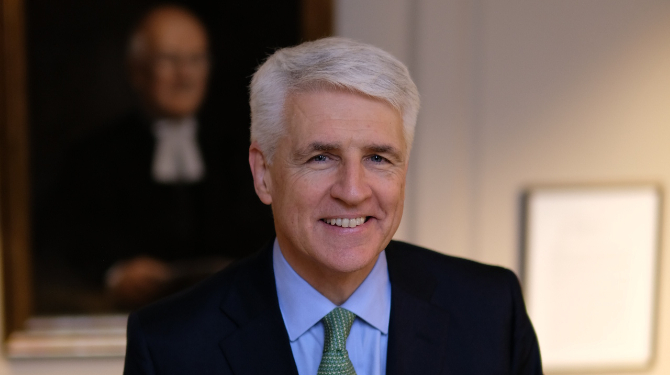Sign up for our free daily newsletter
YOUR PRIVACY - PLEASE READ CAREFULLY DATA PROTECTION STATEMENT
Below we explain how we will communicate with you. We set out how we use your data in our Privacy Policy.
Global City Media, and its associated brands will use the lawful basis of legitimate interests to use
the
contact details you have supplied to contact you regarding our publications, events, training,
reader
research, and other relevant information. We will always give you the option to opt out of our
marketing.
By clicking submit, you confirm that you understand and accept the Terms & Conditions and Privacy Policy
Attempts to tackle inappropriate behaviour will remain a priority for the Bar Council after a survey examining barristers’ working lives found a growing proportion reporting incidents of bullying, harassment and discrimination.
Nearly one in three (30%) of barristers practising in England and Wales who took part in the survey reported personal experience of such behaviour within the previous two years, up from 21% since the last survey in 2017.
Criminal barristers seemed to be more adversely affected than their peers in other areas, with almost half indicating they had experienced or witnessed such issues at work, compared to a quarter of commercial barristers.
The results also displayed a difference according to race and gender. More than a half (53%) of all black barristers reported they had personally experienced bullying and discrimination while working at the Bar. Three in ten female barristers reported experiencing bullying, compared to 11% of their male counterparts, and three times as many women as men said they’d experienced discrimination.
But the figure was highest for female BAME barristers, with 58% saying they’d personally experienced such behviour in the course of their work compared to 15%of white male barristers.
Derek Sweeting QC, chair of the Bar Council, said: “Work has already begun in the last year or so to tackle the issue of bullying, harassment and discrimination at the Bar, and we are making the Bar a more accessible profession in terms of its working practices.”
Sweeting highlighted the Bar’s use of the anonymous reporting app Talk to Spot, while he said he was working with the senior judiciary to stamp out the bullying of barristers by judges.
The survey also showed the pandemic had hit barristers’ practices hard, with 63% reporting it had affected them negatively and criminal barristers the most affected (79%).
Less than a quarter of barristers wanted to keep their existing working arrangements as they are, with 60% of respondents wanting to work remotely and 42% wanting to work more flexibly, for which the Bar Council says it is developing policies, including guidance on post-pandemic working for chambers. Future surveys will focus on wellbeing at the Bar, including the young Bar.
Sweeting said: “There’s more to be done across the Bar, and these survey findings give the Bar Council a clear insight into the needs of the Bar. They will help shape the way the Bar Council supports members of the profession now and in future.”
The Bar Council's Working Lives survey 2021 questioned 3,479 barristers on matters including experiences of bullying and harassment, work patterns, mentoring and pro bono work.
Email your news and story ideas to: [email protected]









